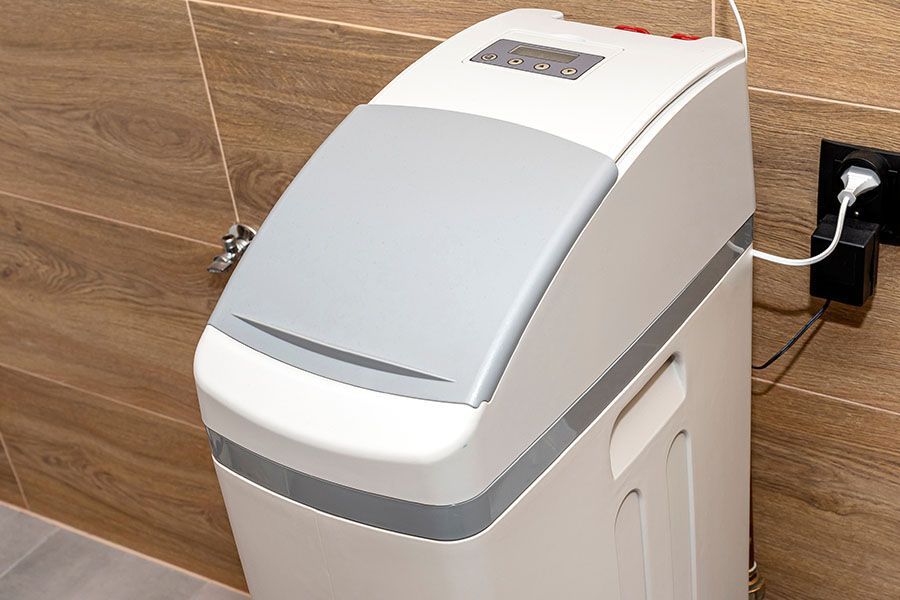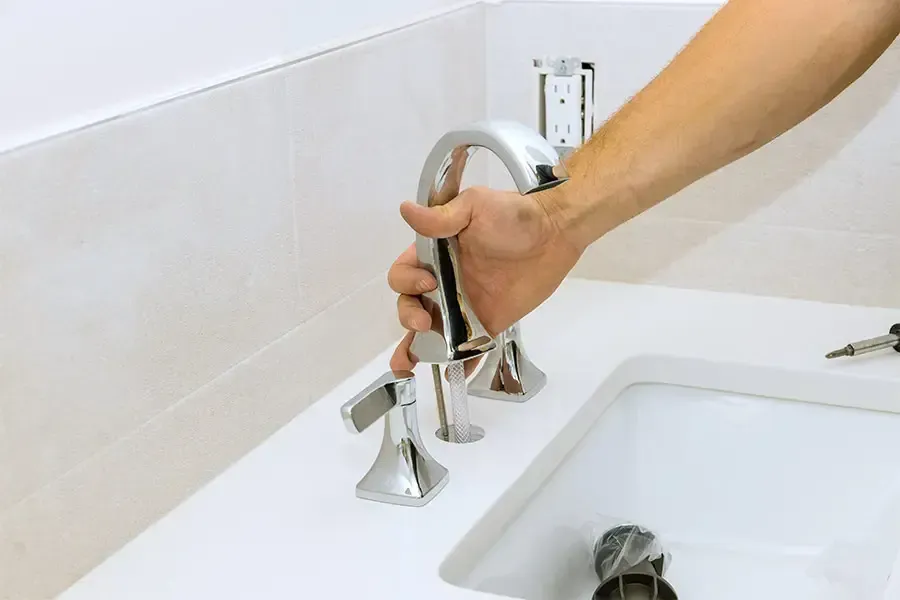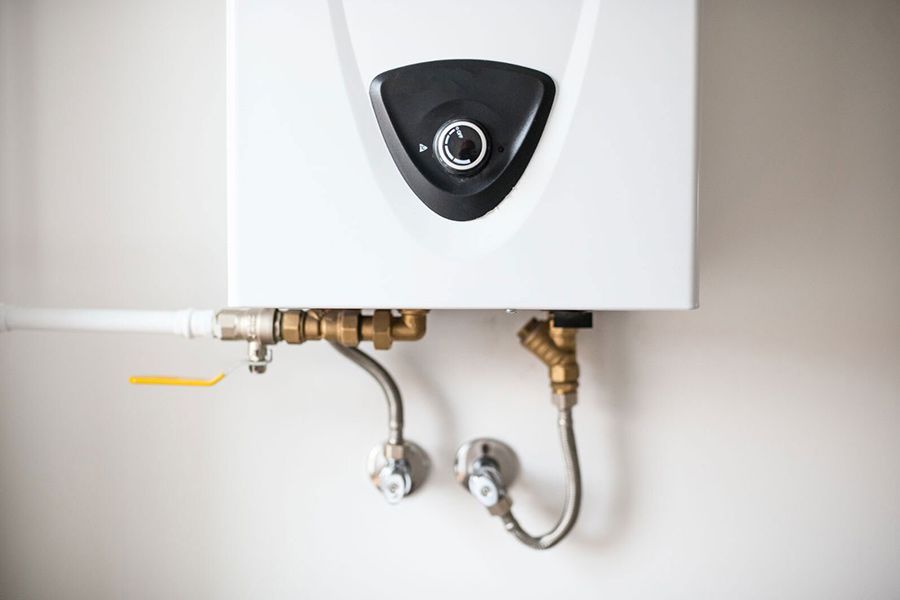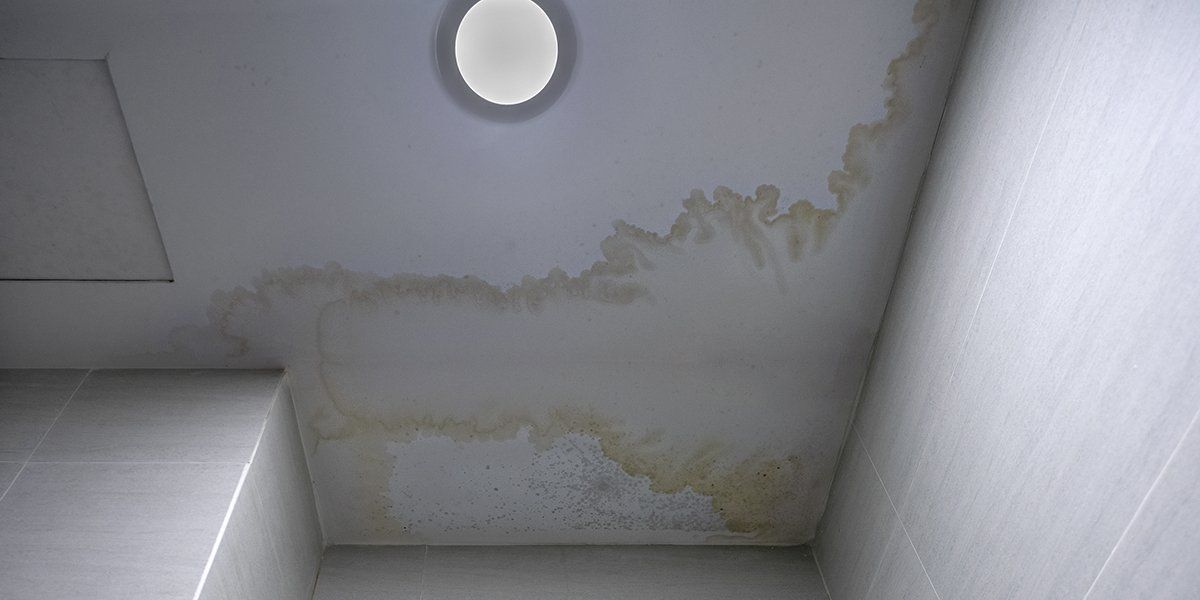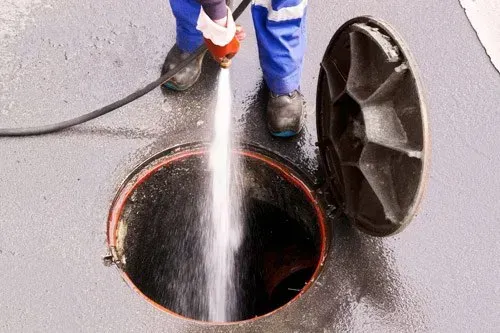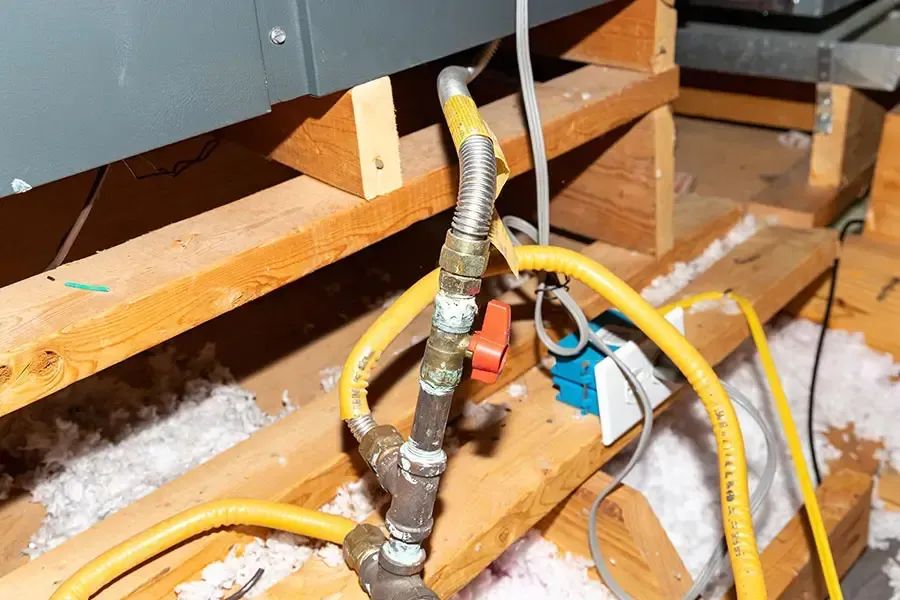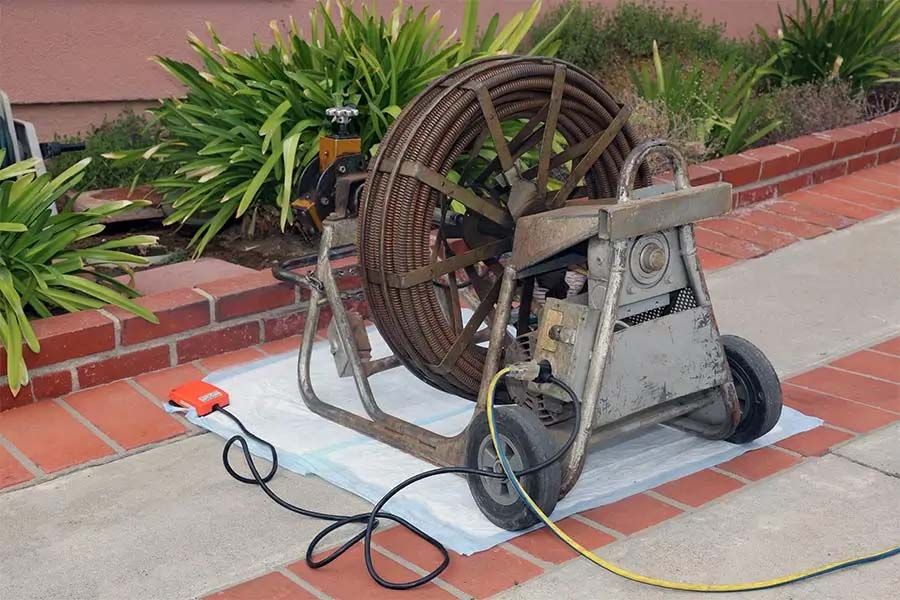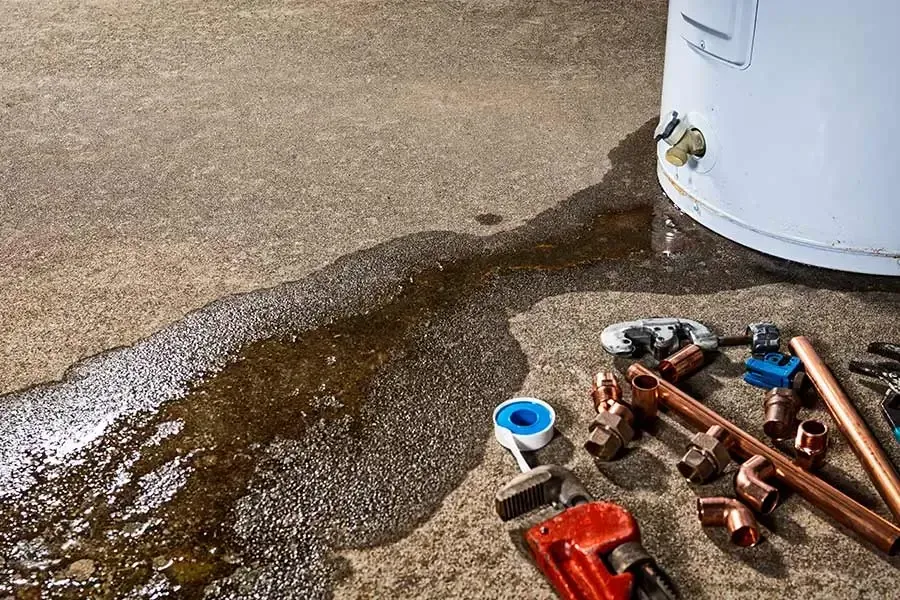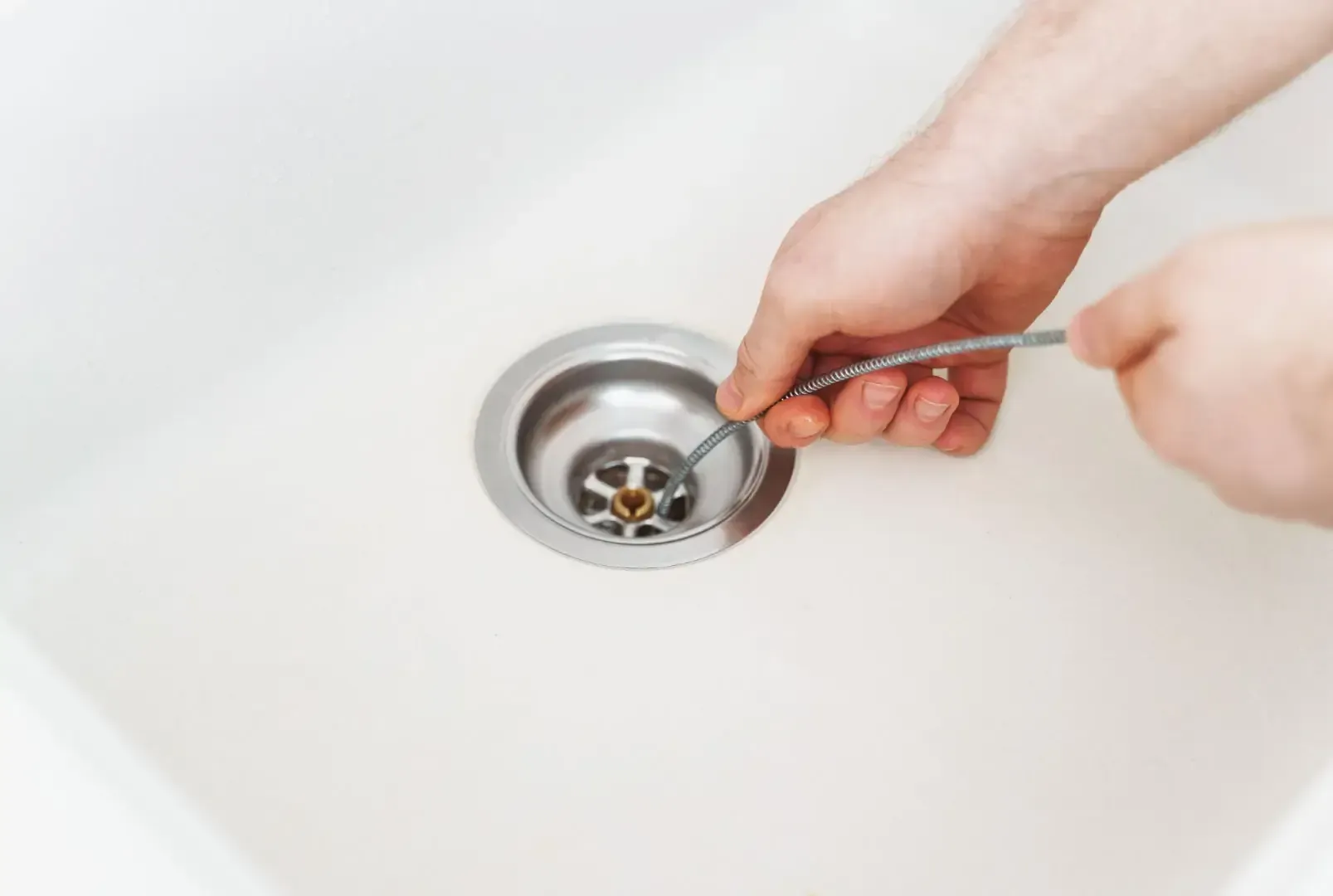How To Repair a Cracked PVC Pipe
A leaking plumbing pipe can cause significant damage and inconvenience. Get the help you need fast by calling the experts at Formica Plumbing and Sewer Co.
Most homes have at least a few polyvinyl chloride, or PVC, pipes in their plumbing systems. PVC is more common for sewer and drainage pipes because the material is durable, corrosion-resistant, and sturdy, not to mention affordable. However, time can take its toll and cause damage, leaving homeowners wondering how to repair a cracked PVC pipe.
Since damage to any pipe can mean a damaging leak or plumbing problems, particularly with drainage, fixing it as soon as possible is crucial. While temporarily patching a cracked PVC pipe yourself is a good short-term solution, you will likely need to work with a plumber in Willoughby, OH, for a more permanent fix.
Why PVC Pipes Crack
In many cases, PVC pipes last for decades without any problems. However, they are susceptible to damage from common issues, including the following:
Physical Damage
PVC is a type of plastic, so it can crack and break with a hard impact. Such damage is most common in exposed pipes under sinks, but shifting ground or settling can move the pipe enough to cause it to crack.
Joint Failure
Joint failure is the most common reason for a cracked PVC pipe. Not preparing the pipes for installation, inserting them at incorrect angles, or temperature changes can cause the joint to fail and crack the pipes.
Incorrect Installation
Failing to install a pipe correctly is another surefire way to guarantee PVC pipe crack repair in the future. The most common problem is that the plumber didn’t use enough glue or activator when connecting the pipes or used too much force when putting them together, causing them to crack and leak over time.
Age
Although designed for longevity, PVC pipes can creak and deteriorate over time, especially when exposed to temperature fluctuations and light.
Manufacturing Defects
It’s unlikely but possible that the PVC pipes from the factory are defective. For example, sometimes, they arrive with weak spots susceptible to cracking.
The Basics of Cracked PVC Pipe Restoration
It’s usually obvious that you have a cracked PVC pipe and need to fix it. If a pipe breaks, you’ll notice:
- Water dripping from the pipe or moisture in the area
- Sounds of dripping water behind walls
- Mold or discoloration on the pipe
- Musty or unpleasant odors in your home
A plumber can usually locate the leak quickly, so if you’re having trouble finding the source of the water, get help.
Once you find the leak, you might wonder how to repair a cracked PVC pipe. While DIY PVC pipe crack fixing methods are okay for short-term fixes, it’s best to call a plumber for a more long-term solution. Incorrectly repairing broken PVC plumbing will only make the problem worse and could cause more widespread damage.
With that in mind, you have several options for fixing cracked PVC pipes.
Fiberglass Resin Cloth and Tape
Applying water-activated fiberglass resin cloth and tape to the cracked pipe can temporarily stop water from leaking until a plumber can implement a more permanent solution. After soaking the cloth strip in water, wrap it around the affected area, secure it with the tape, and allow it to cure for 15 minutes before turning on the water again.
Epoxy
Another temporary option for PVC pipe restoration is to use epoxy. The waterproof sealant molds to the pipe to seal the crack temporarily until a plumber can replace it.
Rubberized Tape
One of the most common suggestions when homeowners ask how to repair a cracked PVC pipe is to wrap the rubberized tape around the damaged area. When you apply the tape, it doesn’t stick to the pipe but to itself. The tape uses compression to stop the water leak, so a tight fit is necessary.
Again, these are temporary fixes that can slow or stop damage until you can get a professional on-site to make a more permanent fix. In most cases, the plumber will recommend replacing the pipe or a PVC slip coupling for PVC pipe crack repair.
PVC Slip Coupling
This approach to pipe repair requires cutting and gluing the pipe, and it can be challenging to do when a pipe is behind a wall or in an otherwise inaccessible area. It’s a good way to repair underground pipes for irrigation or sprinkler systems.
A repair using a PVC slip coupling starts with cutting the pipe at the leak. The plumber will then insert each end of the cut pipe into a coupler, securing it with a strong PVC solvent cement. Once the solvent cures, the water will flow through the pipe without leaking.
Replace the Pipe
The most effective and longest-lasting approach to PVC pipe repair is to replace the damaged section of the pipe with a new one. After cutting out the cracked section of PVC, the plumber cuts a new length of replacement pipe and reinstalls it using couplers and solvent cement.
Let Formica Plumbing & Sewer Co. Take Care of PVC Pipe Damage
Even a tiny crack in plumbing lines can cause substantial water damage, so it’s important to stay alert to leaks and address them immediately. For almost 70 years, our team at Formica Plumbing & Sewer Co. has taken care of northeast Ohio residents with quality plumbing services backed by a 100% satisfaction guarantee. With just one call to 440-485-3850, you can relax knowing one of our licensed plumbers will be on the way to take care of any issue you have.
Call us before you start searching for answers to “how to repair a cracked PVC pipe,” and spend time and money on temporary fixes that could cause more damage. We maintain a complete stock of plumbing and sewer line pipe materials so we can make fast, reliable repairs that protect your home and eliminate hassles. Give us a call today, or request an appointment online to put your plumbing problems in our capable hands.
Author Bio:
Matt Formica
He worked side by side with his cousin, Frank D. and sister Linda, in the office. The company has grown and now has six vans helping the surrounding communities with plumbing and sewer issues.
